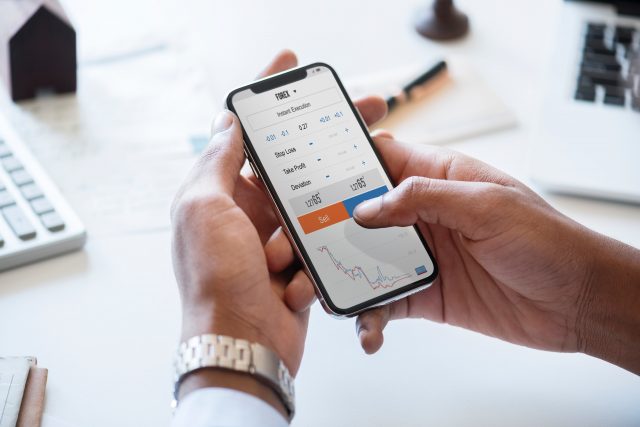Mobile money services have transformed the lives of many people across the African continent. In Nigeria, Banks and other financial institutions including Fintechs are taking advantage of the rising adoption of mobile money to deploy apps meant to boost access to financial services
In an increasingly digital economy, accelerated by the Covid-19 pandemic, there has been greater collaboration between the private sector and governments in Africa to further the continent’s digital and financial inclusion agenda.
Financial inclusion, in particular, is both a pre-condition and a key enabler for meeting many of the UN’s Sustainable Development Goals (SDGs), including reducing poverty, boosting economic growth and promoting market access.
To this end various governments, including Nigeria, Kenya and Tanzania, have not only embraced digital transformation but also provided sound and enabling policy frameworks over the years to allow for innovative solutions that empower citizens.
For instance, mobile money platforms such as M-PESA have been vital drivers of financial inclusion on the continent. However, government tax policies pose a significant challenge to the sustainability of mobile money services and financial inclusion gains made by these innovations. Vodacom Group’s policy paper on Mobile Money Taxation unpacks some of the impact that changes in mobile money taxation has on financial inclusion on the continent.
In the paper, Vodacom Group outlines that accessibility and affordability are two of the major draw cards of mobile money on the continent, giving people access to the most basic financial services. M-PESA, the first and most successful mobile money payment service on the continent with 52million subscribers, is currently available in Kenya, Tanzania, Lesotho, the DRC, Ghana, and Mozambique with plans to make it available in Ethiopia.
“While many countries have embraced mobile money services, mobile money taxation can have unintended consequences for the people who stand to benefit significantly from these platforms”, says Stephen Chege, Group Chief Officer for Regulatory & External Affairs at Vodacom Group. “We need to remember that many of the people who use mobile money are highly sensitive to transaction costs, therefore even a marginal increase in the fees associated with using these services could make them unaffordable. Higher transaction taxes may even compel some users to return to cash-based transactions”, notes Chege.
In Nigeria, mobile money are making huge inroads into the financial services sector bringing flexibility, safety and convenience to users.
The deepening integration of digital technologies into almost every facet of people’s lives has transformed the way they communicate, socialize, learn do business and conduct financial transactions.
Hence, banks are not only competing for the mobile Apps space, but launching new ones targeted at enhancing the banking experience of large pool of their customer base and bringing services closer to the people.
Banking apps are not only retaining users with push and in-app notifications but are attracting prospective users who want improved banking experience and better security of transactions.
The Central Bank of Nigeria said the challenge of banking product security and abuse is impacting the adoption of products.
The bank explained that if people find out that digital channels are getting more secured and that there are opportunities they can leverage when they have challenges, there are more chances that they will embrace the channels. But if they discover that the security of the platforms are reducing, this can lead to reduction in the use and adoption of digital services.
Ecobank Nigeria says its Omni Lite App is a highly secure and integrated electronic banking platform designed to help clients manage their business accounts online in a secure, flexible, efficient and convenient manner.
The App is in line with Ecobank’s policy direction to meet and surpass customers’ expectations, noting that it will bring flexibility, safer and convenient banking to the users. It is available to existing Omni Lite users, urging them to download it from the Apple Store (IOS) or the Play Store (Android).
“With the new Omni Lite App, users can view their accounts and transactions in one place, make payments and pay bills with ease, set up multiple users with different access launch, make and manage loan payment, book time deposits and view exchange rates,” the bank said.
Coronation Merchant Bank also launched a mobile banking application. The app provides customers with access to their accounts as well as the ability to perform transactions seamlessly without the need for in-person banking. The bank said mobile App is helping customers navigate the challenges induced by the COVID-19 pandemic.
Analysts said banks are already serving between 70 to 80 per cent of its customers through mobile App and other digital platforms.
They said the COVID-19 pandemic has given the bank an opportunity to test the resilience of its investment in technology.
But analysts have said that financial services sector is particularly susceptible to cybercrime given its crucial role of financial intermediation in a highly connected financial system. Aside significant financial losses, the sector is also exposed to potential compromise and loss of customer data, and disruption of operations, which undermine app users’ confidence in financial system stability and which financial services operators are trying to address.



